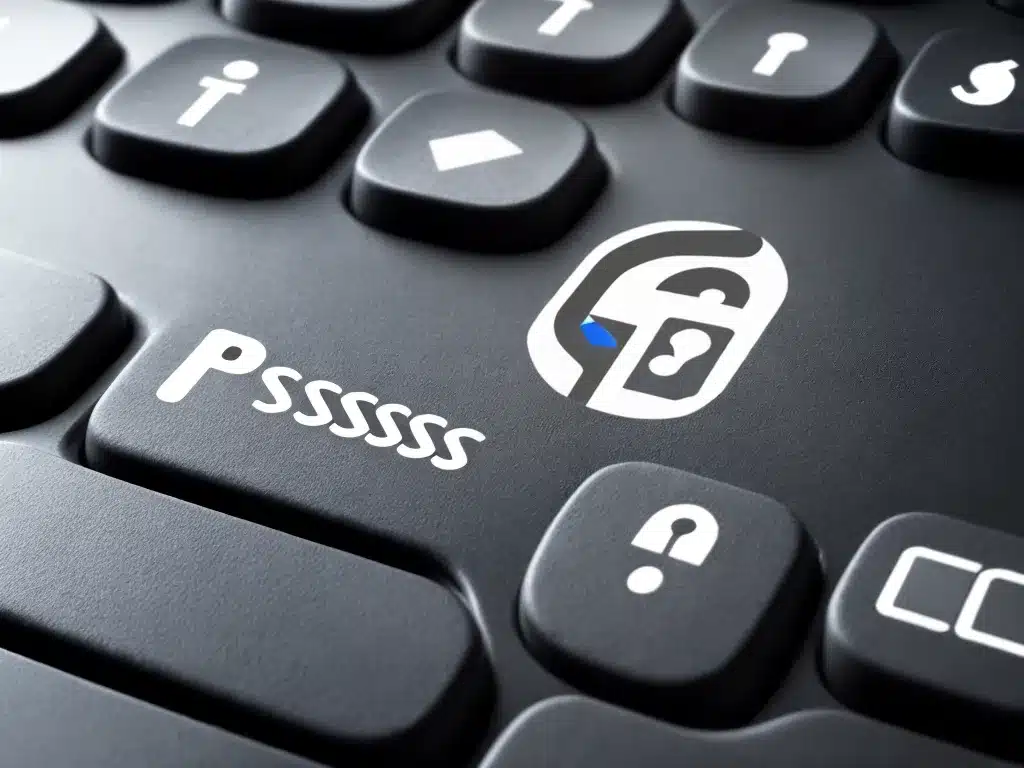
What is a Password Manager?
A password manager is a software application that helps users store, generate, and manage their passwords. The main purpose of a password manager is to provide a more secure and convenient way to use passwords compared to trying to remember many complex passwords or reusing the same passwords across accounts.
Some key features of password managers include:
- A encrypted password vault to securely store passwords
- Automatically generating strong, random passwords for each account
- Syncing passwords across devices like phones, tablets, and computers
- Auto-filling login credentials into websites and apps
- Providing access with a master password
Popular password managers include 1Password, LastPass, and Dashlane. They are available as desktop and mobile apps, browser extensions, and web apps. Most offer free basic plans and paid premium plans with more features.
Benefits of Using a Password Manager
There are several important benefits to using a dedicated password manager:
Enhanced Security
A password manager provides much stronger security for your passwords compared to other methods. Features like automatic strong password generation and encryption prevent passwords from being easily hacked or leaked. Storing all your passwords securely in one place also reduces the chances of phishing or social engineering attacks.
Convenience
A password manager eliminates the hassle of remembering many complex passwords. You only need to remember your master password. Features like auto-fill and sync make logging into sites and apps very fast and convenient across all your devices.
Avoid Password Reuse
One of the worst password sins is reusing the same password across many accounts. A password manager allows you to use a unique, strong password for every account without any effort on your part. This greatly limits damage if one site gets hacked.
Generating and Storing Secure Passwords
Coming up with secure passwords that are random and complex enough is difficult for most people. A password manager handles creating long, random passwords containing different characters, numbers, cases, and symbols for you automatically.
Organizing Logins
It can be hard to keep track of all your logins and passwords as you accumulate accounts over time. A password manager serves as a central repository to organize and store your credentials. This also helps during account recovery.
Risks and Downsides of Password Managers
While very useful, password managers also come with some risks and downsides:
Single Point of Failure
If the master password is compromised through a hack, keylogger, or accidental exposure, then all password data is compromised. Making the master password very strong mitigates this risk.
Requires Trust
You have to trust both the security architecture and honesty of the company behind a password manager. Any unethical behavior or lax security practices by the company could put your passwords at risk.
Browser Integration Limitations
Full functionality requires installing browser extensions which can access all your entered passwords. This increases the browser attack surface and reliance on the password manager company.
Cost for Full Features
While many password managers offer free versions, premium paid plans are required to unlock certain useful features like sync across devices or emergency access.
Doesn’t Solve All Security Issues
Password managers only handle login credentials. You still need to use other tools and caution for threats like malware, unsecured WiFi, and unsafe websites.
Tips for Choosing a Password Manager
If you do decide to use a password manager, here are some tips for choosing a good option:
-
Prioritize established, reputable companies with a solid security track record
-
Seek out opensource password managers that allow transparency into their code
-
Consider two-factor authentication features for enabling master password login
-
Evaluate cost to determine if premium features are worth paying for
-
Check for availability of apps for all your devices like desktop, mobile, and browser
-
Read reviews and compare ease of use across password managers
-
Test password generation and auto-fill on sample accounts before committing
Conclusion
While not universally essential, using a dedicated password manager has significant security and convenience benefits for most internet users today. Taking the time to properly evaluate password managers and learn how to use them is well worth the effort for the enhanced peace of mind and access they provide. With our growing reliance on online accounts in both our personal and professional lives, a password manager is a tool worth considering to optimize login security in the digital age.












